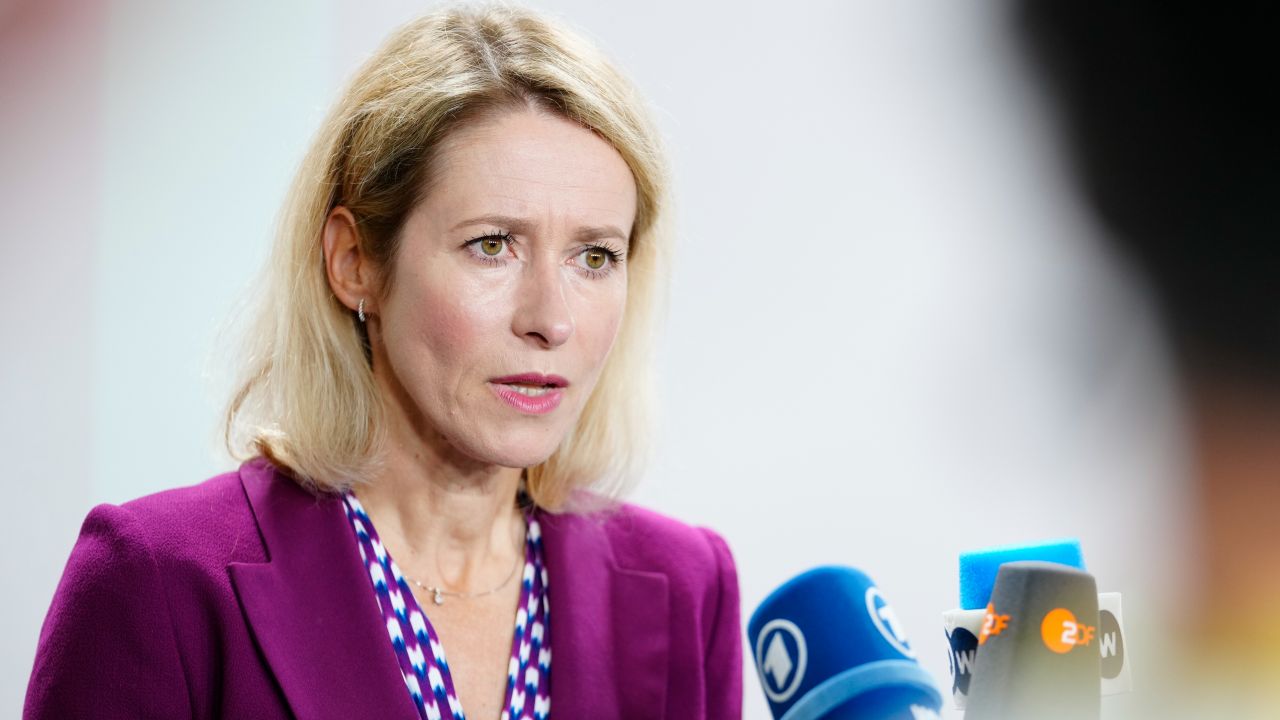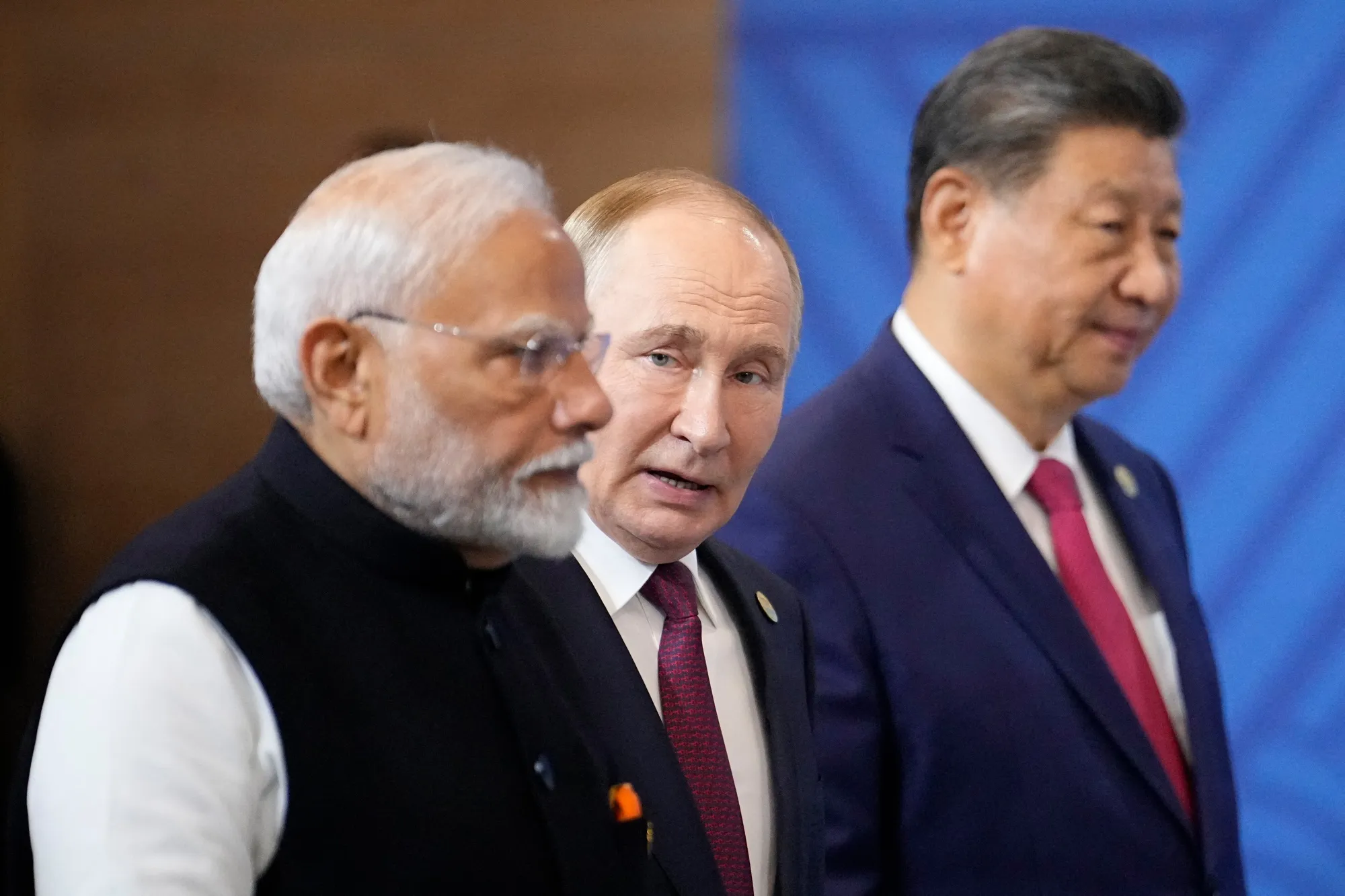Kallas Declares: No Return of Frozen Russian Assets Without Reparations

Estonian Prime Minister Kaja Kallas has said the European Union cannot return frozen Russian assets without securing reparations for Ukraine, underscoring a growing consensus in parts of Europe that Moscow must be held financially accountable for its invasion. Her remarks, made in Brussels ahead of a key EU foreign ministers’ meeting, highlight the legal, economic, and political stakes in one of the bloc’s most contentious debates.
Frozen Assets as Leverage
Following Russia’s full-scale invasion of Ukraine in February 2022, the EU, alongside the U.S., U.K., and G7 allies, froze over €200 billion worth of Russian central bank reserves and tens of billions in private assets linked to sanctioned oligarchs.
While some EU member states have been cautious about touching the reserves—fearing legal backlash or destabilizing the eurozone—others, led by countries like Estonia, Poland, and Lithuania, argue that the assets should serve as a war reparation fund for Ukraine’s reconstruction.
“The aggressor must pay. It cannot be that Russian assets are returned without Russia covering the damages it has caused,” Kallas said. “Otherwise, we send the wrong message—that you can destroy a country and still get your money back intact.”
The Cost of War and Ukraine’s Needs
Ukraine’s reconstruction costs are already staggering. The World Bank and European Commission have estimated damages to infrastructure, housing, and industry at over $486 billion as of early 2025. Each month of conflict adds billions more in losses.
- Roads, bridges, and energy facilities across the country remain heavily damaged.
- Agricultural production, a key export driver, has been disrupted.
- Millions of displaced Ukrainians will require resettlement and housing support once fighting subsides.
Western aid has kept Kyiv afloat, but donor fatigue is growing. Many EU leaders see Russian frozen assets as the most direct and just solution to long-term funding challenges.
Legal and Political Challenges
Despite moral clarity, the path to using Russia’s frozen assets is fraught with legal hurdles.
- International law generally protects sovereign assets from seizure, even during conflict.
- Some EU states, particularly Germany and France, have voiced caution about setting a precedent that could undermine global trust in the euro and Western banking systems.
- Critics argue that confiscating assets outright could drive countries like China or Gulf states to diversify away from Western financial systems.
To bypass these risks, the EU has considered using profits and interest generated from frozen assets, rather than the principal sum itself. Earlier this year, the bloc approved channeling a portion of those earnings directly to Ukraine’s defense and reconstruction.
Growing Calls for Accountability
Kallas’ remarks come amid intensifying discussions in Brussels about long-term security guarantees for Ukraine. Some diplomats believe tying frozen Russian funds to reparations would send a clear signal that the EU is committed to both justice and deterrence.
“Peace cannot be achieved without accountability,” Kallas insisted. “Reconstruction must not depend solely on European taxpayers when the means to pay are sitting in European banks belonging to Russia.”
Her stance aligns closely with that of Poland and the Baltic states, which have consistently pushed for tougher measures against Moscow.
Moscow’s Reaction
Russia has already threatened retaliation if its frozen assets are confiscated. The Kremlin has warned of reciprocal seizures of Western property in Russia and called the moves “theft under a political guise.”
Russian officials have also argued that asset seizures would erode global trust in Western financial institutions, an argument designed to appeal to non-aligned states wary of overreliance on U.S. and European systems.
What Comes Next
The EU is expected to revisit the question of frozen assets at its autumn summit, where leaders must balance legal caution, economic stability, and political resolve.
For now, Kallas’ comments ensure the issue remains firmly on the agenda. With the war grinding on, the question is shifting from whether to use Russian assets, to how and when.

















